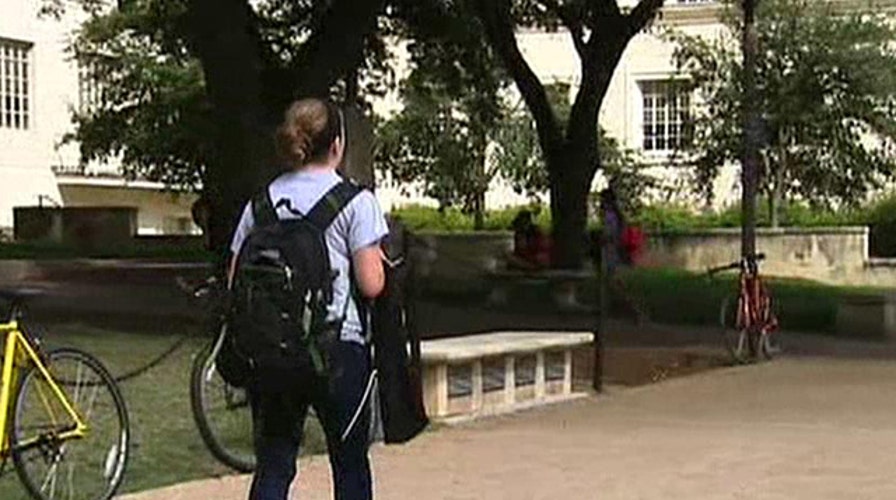The Supreme Court announced Monday it would include a Michigan law that would bar public universities from considering race as an admissions factor in its review of affirmative action in higher education.
The high court is already considering whether the University of Texas violated the constitutional guarantee of equal protection with its affirmative action program. In that case, the justices are considering a challenge to the university’s program, which factors in race to fill open spots in its freshman class. The Texas case has been argued before the justices but not yet decided.
The dispute over affirmative action in Michigan has its roots in the 2003 Supreme Court decision that upheld the use of race as a factor in university admissions. That case concerned the University of Michigan law school.
In response to the court's 5-4 decision in that case, affirmative action opponents worked to put a ballot measure in front of voters to amend the state constitution to outlaw preferential treatment on the basis of race and other factors in education, as well as government hiring and contracting. In November 2006, 58 percent of Michigan voters approved the measure.
Civil rights groups sued to block the provision the day after the vote. In November, the 6th U.S. Circuit Court of Appeals voted 8-7 to invalidate the ban as it applies to college admissions. It did not address hiring or contracting.
The appeals court said the constitutional amendment is illegal because it prohibits affirmative action supporters from lobbying lawmakers, university trustees and other people who ordinarily control admissions policies. Instead, opponents of the ban would have to mount their own long, expensive campaign through the ballot box to protect affirmative action, the court said.
That burden "undermines the Equal Protection Clause's guarantee that all citizens ought to have equal access to the tools of political change," the court said. The 6th Circuit divided along ideological lines, with its more liberal judges in the majority.
In the Texas case, a white student who was denied admission to the University of Texas is suing to overturn the school's use of race among many factors to fill out its incoming freshman classes. The bulk of the slots go to Texans who graduated in the top 10 percent of their high school classes.
This week, the Supreme Court also will hear two cases on same-sex marriage. Its decisions could redefine marriage in the 40 states that currently don’t allow same-sex couples to wed.
One case involves California’s voter-approved ban on same-sex marriage,and the other, the Clinton-era federal Defense of Marriage Act.
Currently, the federal law defines marriage as the union of a man and woman and keeps legally married gay Americans from collecting federal benefits that are available to male-female married couples.
Rulings aren’t expected until late June.
The Associated Press contributed to this report.





